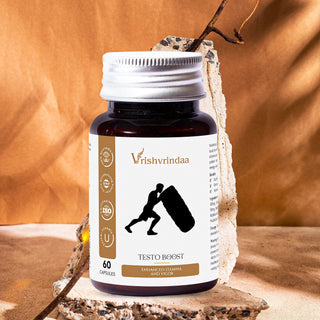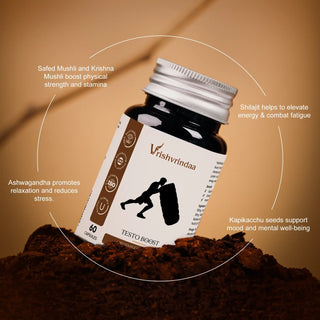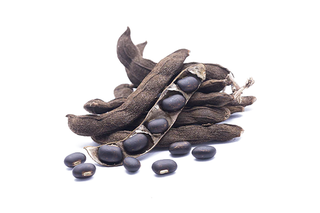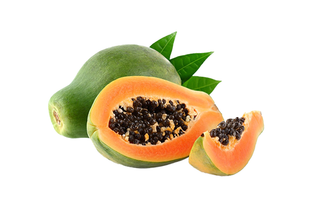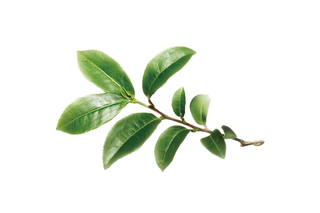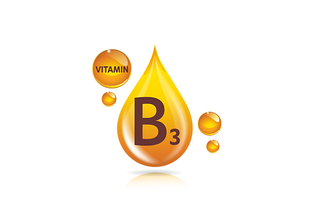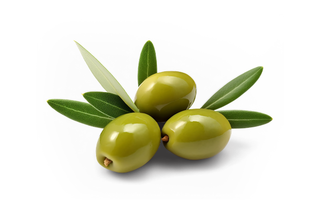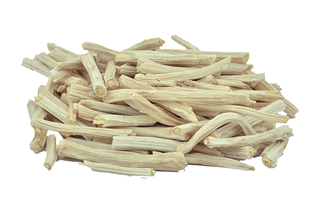
Ingredients
Musli
Musli (Chlorophytum borivilianum), commonly known as Safed Musli, is a potent herb renowned in traditional Ayurvedic and Unani medicine for its rejuvenating and medicinal properties.
Musli (Chlorophytum borivilianum), widely known as Safed Musli, is a highly regarded herb in Ayurveda, Unani, and traditional Indian medicine, celebrated for its energy-boosting, adaptogenic, and rejuvenating properties. Native to India, Musli’s tuberous roots are packed with nutrients, including saponins, alkaloids, and polysaccharides, which contribute to its therapeutic effects. Renowned as a natural aphrodisiac, Musli enhances sexual health by improving libido, stamina, and fertility in both men and women. It supports male reproductive health by boosting testosterone levels, enhancing sperm count, and addressing issues like erectile dysfunction. For women, it helps regulate hormones, promotes fertility, and alleviates postnatal weakness.
Beyond reproductive health, Musli is a powerful adaptogen, helping the body manage stress, fatigue, and mental strain. It strengthens immunity, supports muscle recovery, and improves physical endurance, making it popular among athletes and fitness enthusiasts. Its anti-inflammatory properties also aid in reducing joint pain and improving mobility. Additionally, Musli supports heart health by regulating cholesterol levels and promoting better blood circulation. In digestive health, it helps with nutrient absorption and alleviates constipation.
Musli can be consumed in various forms, including powder mixed with milk, capsules, or in traditional herbal formulations. It is generally safe for most individuals when taken in recommended doses, typically 2–5 grams daily, but should be avoided in excess to prevent digestive discomfort. Whether for energy, wellness, or vitality, Musli is a versatile herb that enhances overall health and restores balance to the body.


